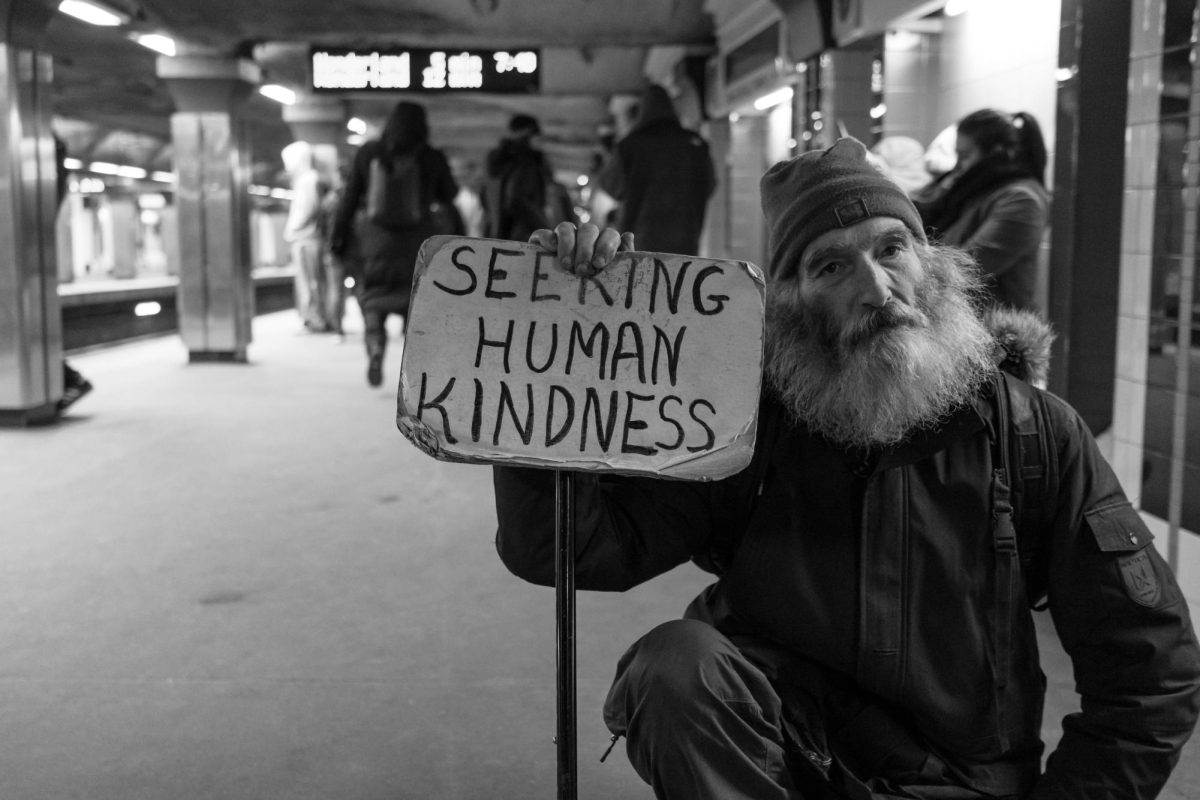Empathy is more than just a feeling; it’s a force that has the potential to reshape our society and drive positive change. Empathy is one of the building blocks of morality. In a world often marked by division and discord, the ability to understand and share the feelings of others is a crucial tool for fostering unity and compassion.
Empathy is deeply ingrained in our human nature. It’s a complex interplay of cognitive and emotional processes that allow us to connect with others on a profound level. Research in fields like psychology and neuroscience has revealed that empathy is not just a touchy-feely concept; it has a tangible impact on our brains and bodies.
The Encyclopedia of Social Psychology notes three distinct aspects of empathy: (I) feeling the same emotion as another person, (II) feelings of distress in response to sensing another’s plight and (III) feeling compassion for another person.
When we empathize with someone, our brain mirrors their emotional state. This means that when we witness someone experiencing joy, pain or sorrow, our own brain reacts as if we were experiencing those emotions ourselves. This neural mirroring is the foundation of empathy.
Moreover, empathy has a powerful role in shaping our behavior. It motivates us to help and support others. Whether it’s offering a shoulder to cry on, lending a helping hand or advocating for social justice, empathy drives us to take action and make a positive impact on the world around us.
In “Meditations,” the philosopher and emperor Marcus Aurelius writes, “Acquire the habit of attending carefully to what is being said by another, and of entering, so far as possible, into the mind of the speaker.” Aurelius wrote “Meditations” in c. 171-175, and his principles of empathy should still be applied today. Put yourself in another’stheir shoes, and empathize with them.
Empathy can also result in success. Henry Ford wrote, “If there is any one secret of success, it lies in the ability to get the other person’s point of view and see things from his angle as well as your own.” Empathy does not have to be a purely emotional exercise; empathy can allow us to gain knowledge.
Yet, empathy has the unique ability to bridge divides and foster understanding. In an era marked by tremendous political polarization and ideological clashes, the capacity to step into another person’s shoes is a potent antidote to hatred and intolerance.
Former President Barack Obama remarked that “Learning to stand in somebody else’s shoes, to see through their eyes, that’s how peace begins. And it’s up to you to make that happen. Empathy is a quality of character that can change the world.” And the world is in need of change.
I recently wrote an article covering new research that revealed how the media covered the Sutherland Springs, TX mass shooting in 2017. My interview with Rev. Maurice Emelu went beyond the implications of his research. Emelu and I spoke of the lack of empathy in the coverage of mass shootings. We forget that it is more than a hot-button political issue; it’s more than a number. It’s people. When can we move beyond agendas and begin to empathize more?
Instead of trying to help each other, we judge, we hate, and we tear down others. Why not practice empathy? Why not try to understand and feel what someone is going through?
As individuals, we can start by looking within ourselves and cultivating empathy in our daily lives. By understanding and sharing the feelings of others, we can make a difference in our communities and beyond. Empathy is not just a feeling; it’s a force.


